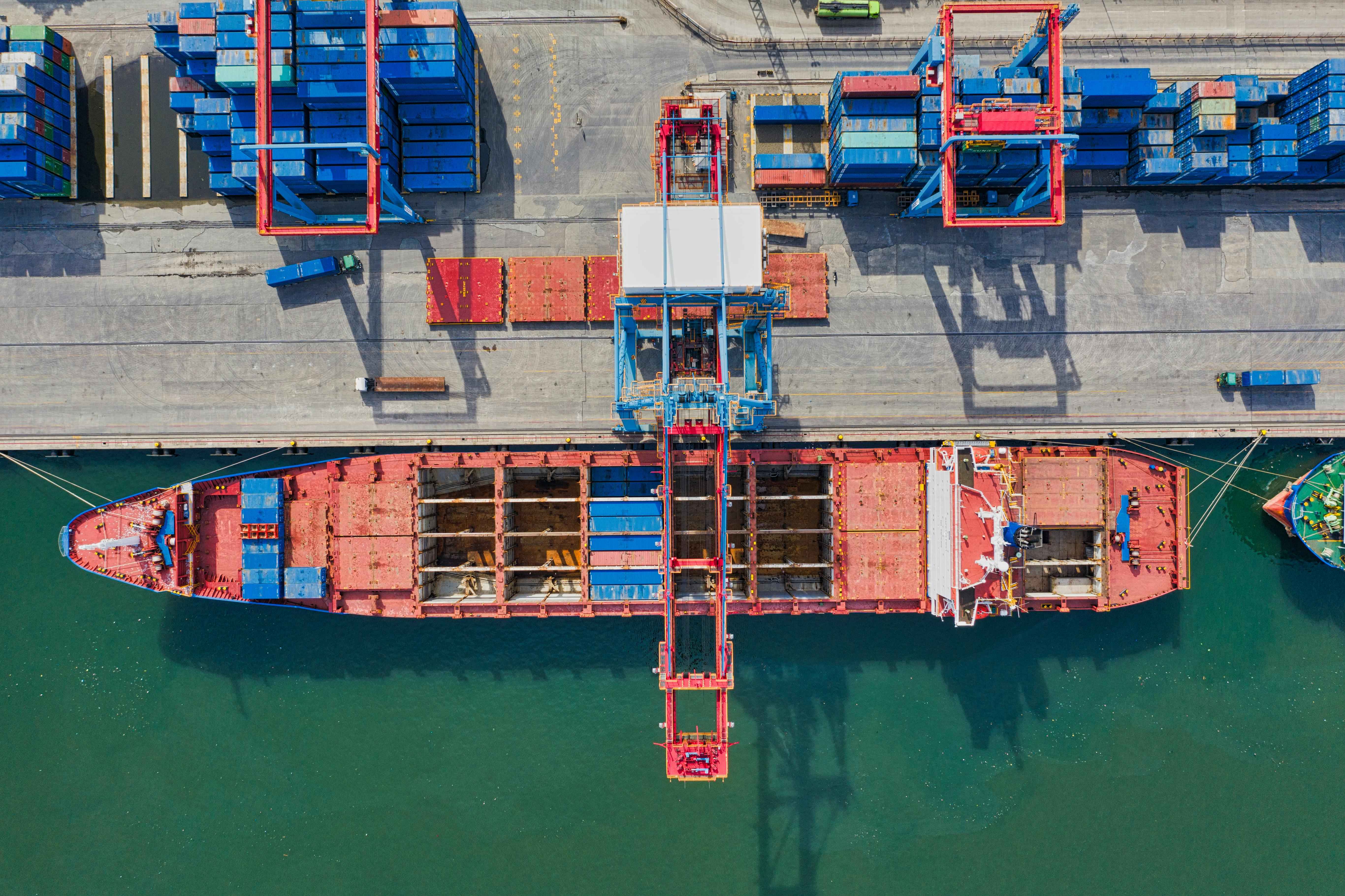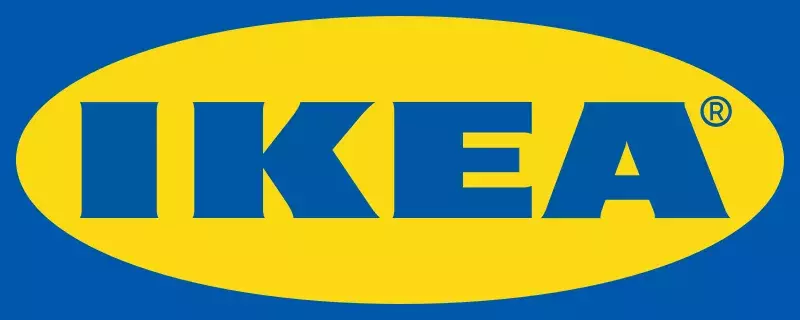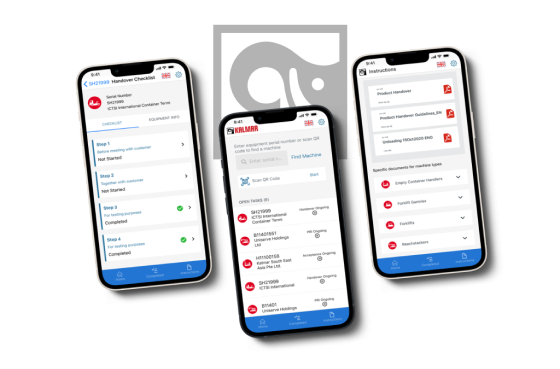Do you have outdated logistics software that is hindering your efficiency?
It's no longer a secret that transportation management systems (TMS) have become a vital component of business success for logistics service providers, carriers, shippers, and other stakeholders in the supply chain and logistics domain.
However, not all TMSs are created equally.
While some constantly evolve to help users grow their business, others lack functionality or use outdated technology, which can seriously harm your business growth.
And let's face it, only some companies need a super complex TMS with all the extras.
If you're a smaller company, a streamlined, user-friendly TMS might be just what you need - no point in overcomplicating things with a system that feels like it requires a Ph.D. to operate.
Usually, these outdated systems are difficult to adapt to the needs of different stakeholders.
This means your options will be limited, and you will have to report things in endless Excel spreadsheets.
And we know you don’t have the time to do that.
With the right TMS, you can focus on what really matters:
- simplifying your process
- reducing manual tasks
- growing your business
The benefits of upgrading to a modern TMS are undeniable.
However, upgrading your TMS often seems daunting.
So many logistics decision-makers postpone this decision and ignore the problem until the situation becomes unbearable for the business.
Implementing and integrating a TMS is a strategic move that can lead to cost reductions, not just in freight expenses, but more importantly, through better resource utilisation.
Ideally, you want a TMS that includes carrier management, real-time tracking, route optimization, and integration with other company systems like ERP and WMS.








